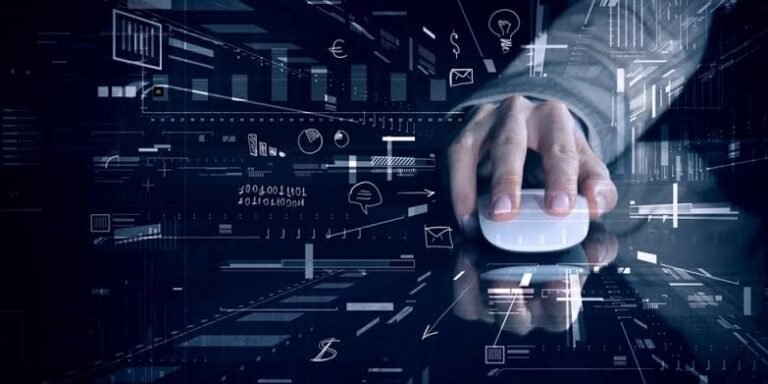Unique 10 Types of Technology: Daily life impactful technology
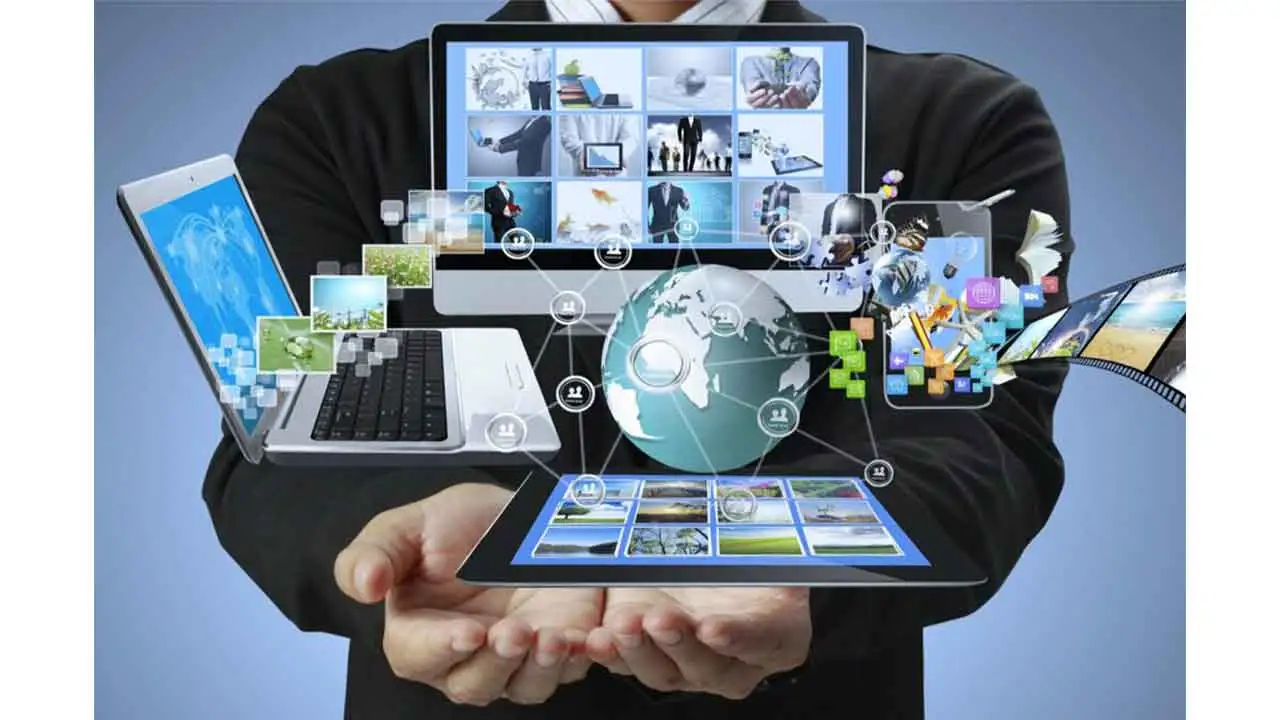
Break Down 10 Types of Technology, Its Demand and Benefits
Technology is an ever-evolving field that has become an integral part of our daily lives. From the moment we wake up to the time we go to bed, we are surrounded by various types of technology. But what exactly is technology? In the simplest terms, technology refers to the application of scientific knowledge for practical purposes. It involves the development, use, and understanding of tools, machines, systems, and methods that help us solve problems and accomplish tasks more efficiently and effectively.
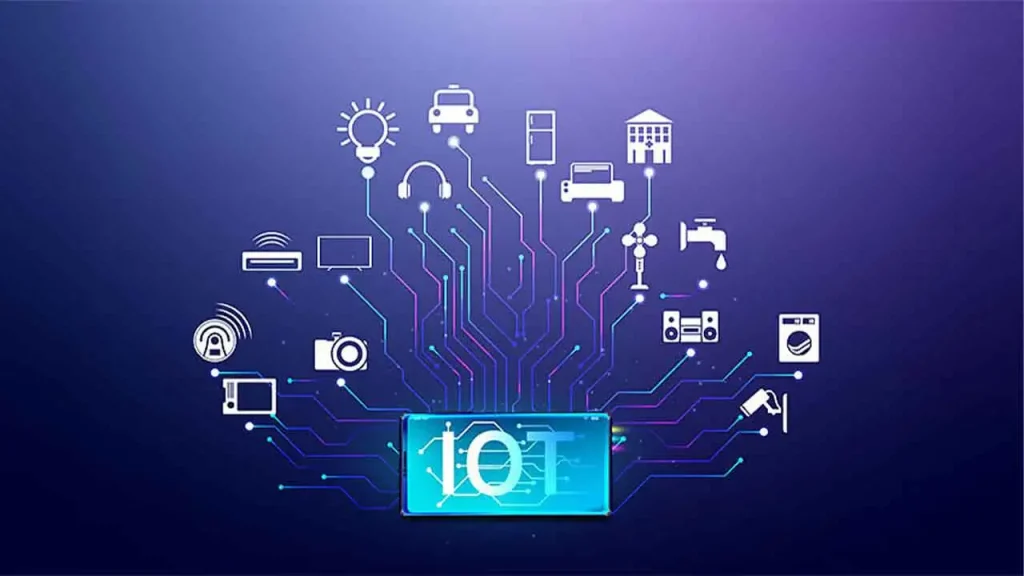
For students, understanding the definition of technology is crucial as it lays the foundation for exploring its various aspects. Technology encompasses a wide range of disciplines, each with its own set of applications and functionalities. Students can explore fields such as communication technology, which focuses on transmitting information through various means like phones, computers, and the Internet. Some types of technology are below for students.
- Additionally, there is electrical technology, which deals with the study and application of electricity, energy technology dedicated to the generation and utilization of energy, and mechanical technology which involves the design and production of machines and mechanical systems.
- Furthermore, medical technology plays a vital role in the healthcare industry.
- While transportation technology caters to the development of vehicles and infrastructure.
- Let us not forget space technology, which allows us to explore the far reaches of the universe.
Acquainting students with these various types of technology early on can help them gain a comprehensive understanding of the advancements in different fields and potentially encourage them to pursue careers in these areas.
Purpose of Technology
Technology, in its essence, is the facilitator of progress and innovation in our modern world. It is defined as the application of scientific knowledge for practical purposes, encompassing a wide range of tools, systems, and techniques. Its purpose is to improve and streamline various aspects of our lives, from communication to transportation, from healthcare to energy production.
One of the most evident examples of technology is the field of communication. With the advent of smartphones, social media platforms, and the internet, our ability to connect with others has drastically transformed. We can now communicate with people across the globe in a matter of seconds, breaking down barriers of distance and time.
Moreover, technology has revolutionized the way we receive and access information, opening up new avenues for education and knowledge sharing. From email communication to video conferences, technology has become integral to how we interact and collaborate in both personal and professional settings.
1. Communication Technology

In today’s fast-paced and interconnected world, communication has become an essential aspect of our daily lives. With the rapid advancements in technology, communication has taken on new forms and has become more efficient than ever before. From the telephone to the internet, the evolution of communication technologies has revolutionized the way we interact and connect with others.
In essence, communication technologies define technology itself, as they play a crucial role in bridging the gap between individuals and enabling seamless interactions in both personal and professional settings.
Technologies such as smartphones, email, and social media platforms have significantly enhanced communication by allowing real-time information exchange across vast distances. These technologies not only offer convenience and ease of use, but they also provide a platform for individuals to express themselves, share ideas, and connect with others on a global scale.
2. Electrical and Electronic Technology
Types of technology systems are integral to modern civilization, and among these, electrical technology holds a crucial place. With its numerous applications and advancements, electrical technology has revolutionized various aspects of society. From powering our homes and offices to driving industrial machinery, electrical technology plays a pivotal role in our daily lives.
Different categories of technology fall under electrical systems. Some of these include electronics:
- Telecommunications
- Power Systems
- Control Systems
- Computers & Laptops
- Televisions
- Telephones
- Internet Networks
- Generation
- Transmission
- Electrical energy
Control systems technology focuses on regulating and automating various processes using electrical signals. These different categories of technology within the electrical realm work together to ensure the smooth functioning of our modern society.
3. Energy Saving Technology
The field of technology encompasses a vast array of disciplines, each aimed at addressing different aspects of our daily lives. One such vital aspect is energy. In the realm of technology, energy plays a pivotal role in powering various devices and systems that drive our modern world. From renewable energy sources to the development of more efficient energy storage solutions, technology is revolutionizing the way we harness, convert, and utilize energy.
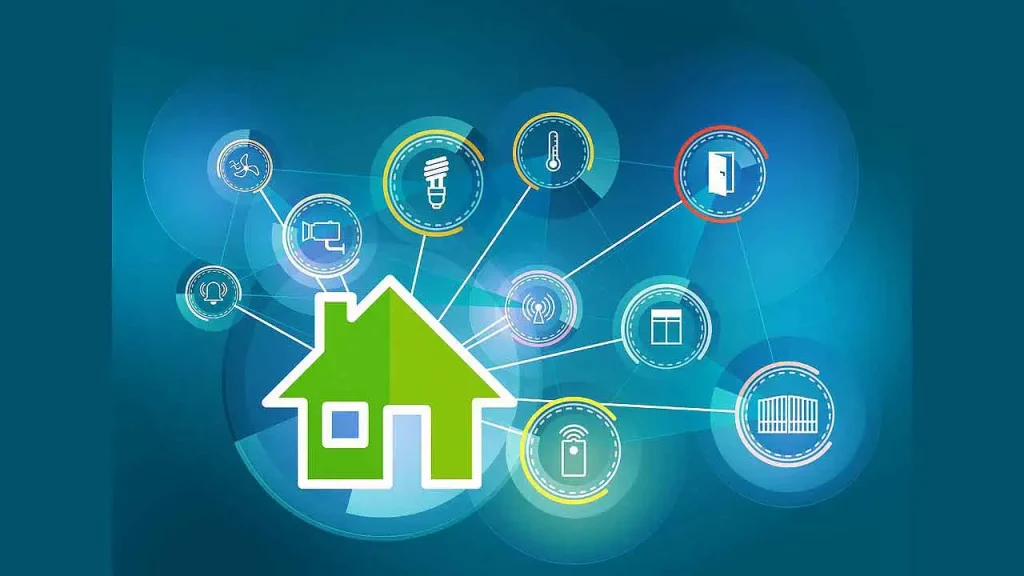
When exploring the domain of energy within the sphere of technology, it is imperative to understand what kinds of technology are involved and how they work. From traditional energy sources such as fossil fuels to emerging alternatives like solar and wind power, various technologies are employed to extract, convert, and distribute energy efficiently.
This includes advancements in power generation, intelligent grids, energy storage systems, and smart metering. The continuous progress in these areas not only caters to our growing global energy needs but also contributes to a more sustainable and environmentally friendly future.
4. Mechanical Technology
Mechanical technology is the study of machines and their mechanisms, aiming to design, develop, and operate mechanical systems efficiently. It encompasses a wide range of applications, from simple day-to-day tools to complex industrial machinery. Don’t forget increasing technology use also causes technology scams. With an emphasis on principles of engineering, physics, and materials science, mechanical technology focuses on leveraging physical forces and energy to create functional and reliable devices.
One area where mechanical technology significantly impacts our lives is in transportation. From automobiles to airplanes, mechanical engineering plays a crucial role in ensuring the efficiency, performance, and safety of vehicles.
Engineers design engines that optimize fuel consumption and reduce emissions, create aerodynamic structures for increased speed, and stability, and develop braking and suspension systems that enhance control and passenger comfort. As technology continues to evolve, the field of mechanical engineering is constantly evolving along with it, embracing new materials, techniques, and designs to meet the growing demands of a rapidly changing world.
5. Medical Equipment Technology
Advancements in medical technology have revolutionized the healthcare industry, making it possible to diagnose, treat, and prevent diseases more effectively than ever before. From sophisticated imaging machines to computerized systems for managing patient records, the technology we use every day plays a vital role in improving patient outcomes and enhancing the overall quality of care.
With the rapid pace at which technology advances, it is no surprise that the healthcare sector has become a hotbed for innovation, continually striving to develop technology that can enhance our understanding of diseases, expedite diagnosis, and provide more personalized treatment options.
One of the key areas where medical technology has made significant advancements is in the field of telemedicine. With the development of video conferencing tools and remote monitoring devices, healthcare providers can now offer virtual consultations and continuously monitor patients’ conditions from the comfort of their own homes. This not only saves time and resources but also ensures that patients receive timely and convenient care, particularly in rural areas where access to healthcare facilities may be limited.
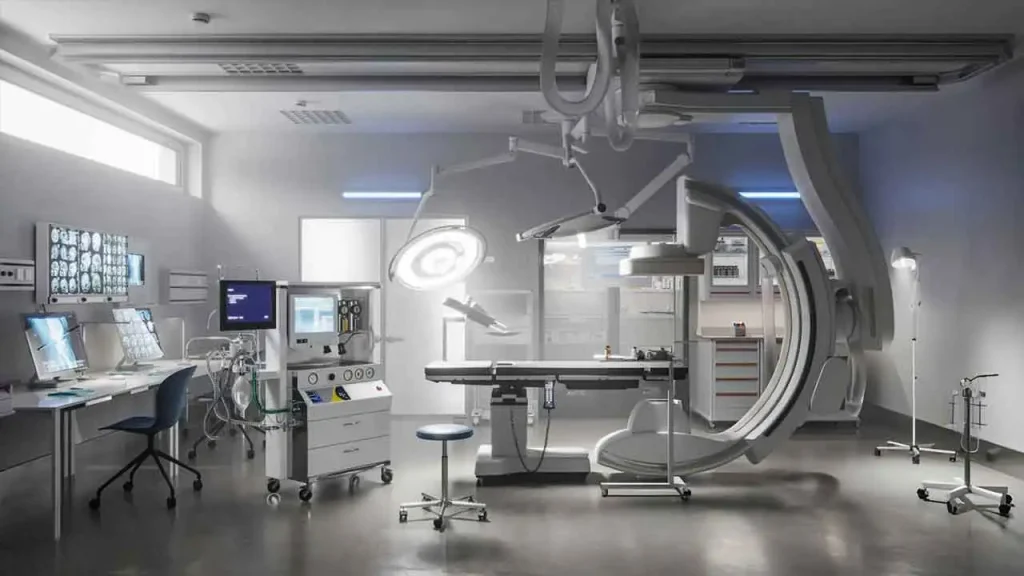
Furthermore, the integration of artificial intelligence and machine learning algorithms into medical devices has the potential to revolutionize disease diagnosis and treatment, by analyzing vast amounts of patient data and providing accurate and personalized recommendations for physicians. As medical technology continues to advance, it holds the promise of transforming healthcare delivery and improving patient outcomes in ways that were once unimaginable.
6. Transportation Technology
Transportation technology plays a crucial role in our daily lives, offering us the convenience and efficiency of moving from one place to another. Whether it is our favorite technology, such as cars or trains, or the latest advancements like autonomous vehicles, transportation technology has revolutionized the way we travel.
The main use of transportation technology is to facilitate the movement of people and goods. It enables us to reach our destinations faster, saving us valuable time and energy. Moreover, transportation plays a vital role in supporting economic activities by connecting producers and consumers across different regions.
With the advent of advanced technologies, transportation systems have become more sophisticated, ensuring safer and more sustainable travel options. From improved fuel efficiency in vehicles to enhanced traffic management systems, technology continues to reshape and optimize the way we transport ourselves and the things we rely on.
7. Space Technology
The advancements in space technology have revolutionized our understanding of the universe and opened up new possibilities for exploration beyond our planet. One piece of technology that has been crucial in enabling space exploration is the space shuttle. This sophisticated spacecraft can transport astronauts and payloads into space, allowing for critical missions such as satellite deployment, rendezvous with the International Space Station, and even potentially reaching other celestial bodies in the future.
The space shuttle’s design incorporates advanced materials, powerful engines, and state-of-the-art navigation systems to ensure safe and successful missions. Its development and continuous improvement have been paramount in pushing the boundaries of human exploration and furthering our knowledge of the vast cosmos.
In addition to the space shuttle, another remarkable technological feat in space exploration is the Hubble Space Telescope. This orbiting observatory has provided us with breathtaking images of distant galaxies, nebulae, and other celestial objects, advancing our understanding of the universe’s origins and evolution.
Equipped with cutting-edge instruments and cameras, the Hubble Space Telescope has captured stunning details and enabled breakthrough discoveries in cosmology, astrophysics, and planetary science.
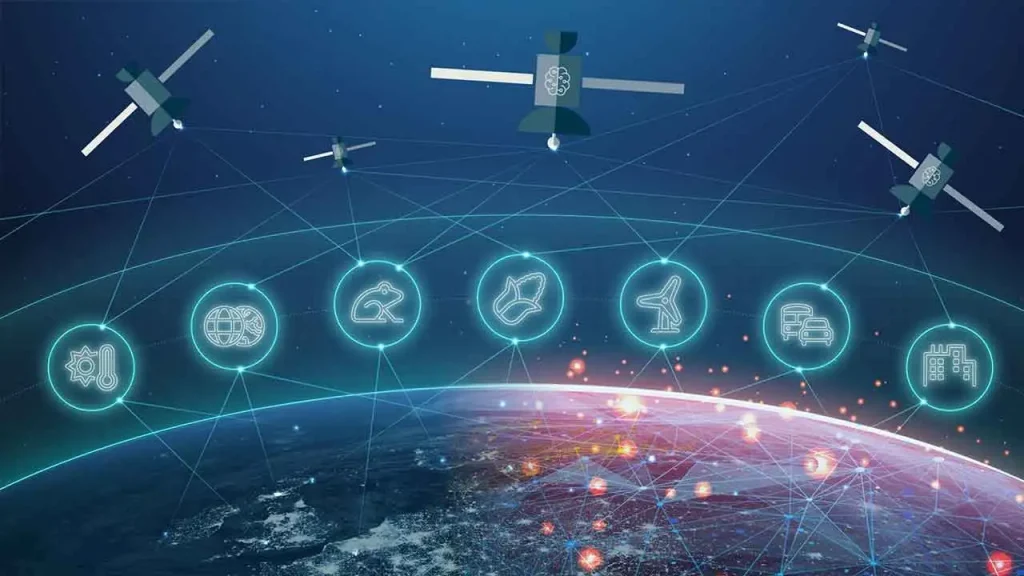
By placing a powerful telescope in space, away from the interference of Earth’s atmosphere and light pollution, scientists have been able to observe and study celestial objects with unprecedented clarity and precision. The Hubble Space Telescope stands as a testament to the ingenuity and perseverance of the engineers and scientists who have made remarkable achievements in space technology.
8. Operational Technology
Operational technology plays a crucial role in various industries by ensuring efficient and smooth operations. It involves the use of specialized systems and tools to control and monitor industrial processes and equipment. With the advancements in technology, operational technology has evolved to encompass a wide range of applications, including manufacturing, oil and gas, utilities, and transportation.
In the industrial sector, operational technology is used for process automation, data collection, and analysis, as well as for maintaining the reliability and safety of industrial systems. For example, in manufacturing plants, operational technology controls the entire production process, from raw material handling to product assembly. It provides real-time data on machine performance and allows for predictive maintenance, thus reducing downtime and improving productivity.
Moreover, operational technology enhances safety by implementing automated safety protocols and monitoring systems, preventing accidents and ensuring worker well-being. Overall, operational technology is integral to the efficient functioning and optimization of industrial processes.
9. Fitness Technology
With the advancement of technology, fitness enthusiasts now have access to various tools and devices to help them optimize their workouts and track their progress. Fitness technology has come a long way, from wearable devices like fitness trackers and smartwatches to mobile applications that provide workout routines and personalized training plans.
These tools provide valuable data and insights into one’s health and fitness, enabling individuals to set goals, monitor their activity levels, and make informed decisions about their training and well-being.

One notable keyword in the realm of fitness technology is “wearable devices.” These gadgets have become increasingly popular among fitness enthusiasts as they offer real-time tracking of various data points such as heart rate, calories burned, and sleep patterns. Wearable devices often come in the form of wristbands or smartwatches, equipped with sensors that monitor and record the user’s physical activity throughout the day.
This data can be synced with mobile applications or computer software, allowing users to analyze their progress over time and make adjustments to their fitness routines as needed. In addition to tracking, some wearable devices also provide coaching features, delivering personalized feedback and recommendations to keep users motivated and on track toward their fitness goals.
10. Superintelligence Technology
Superintelligence, often portrayed in science fiction movies and books, refers to the hypothetical concept of machines or artificial intelligence surpassing human intelligence. It encompasses the idea of a machine that not only possesses extraordinary computational abilities but also exhibits a level of understanding, learning, and problem-solving capabilities far beyond our comprehension.

With the rapid advancements in technology, the concept of superintelligence has gained both excitement and apprehension among scientists, researchers, and the general public alike. While some envision a future where superintelligent machines contribute to solving complex global problems, others raise concerns about the potential risks and ethical implications associated with their development. Despite these debates, the exploration and study of superintelligence continue to play a pivotal role in shaping the future of technology and society as a whole.



